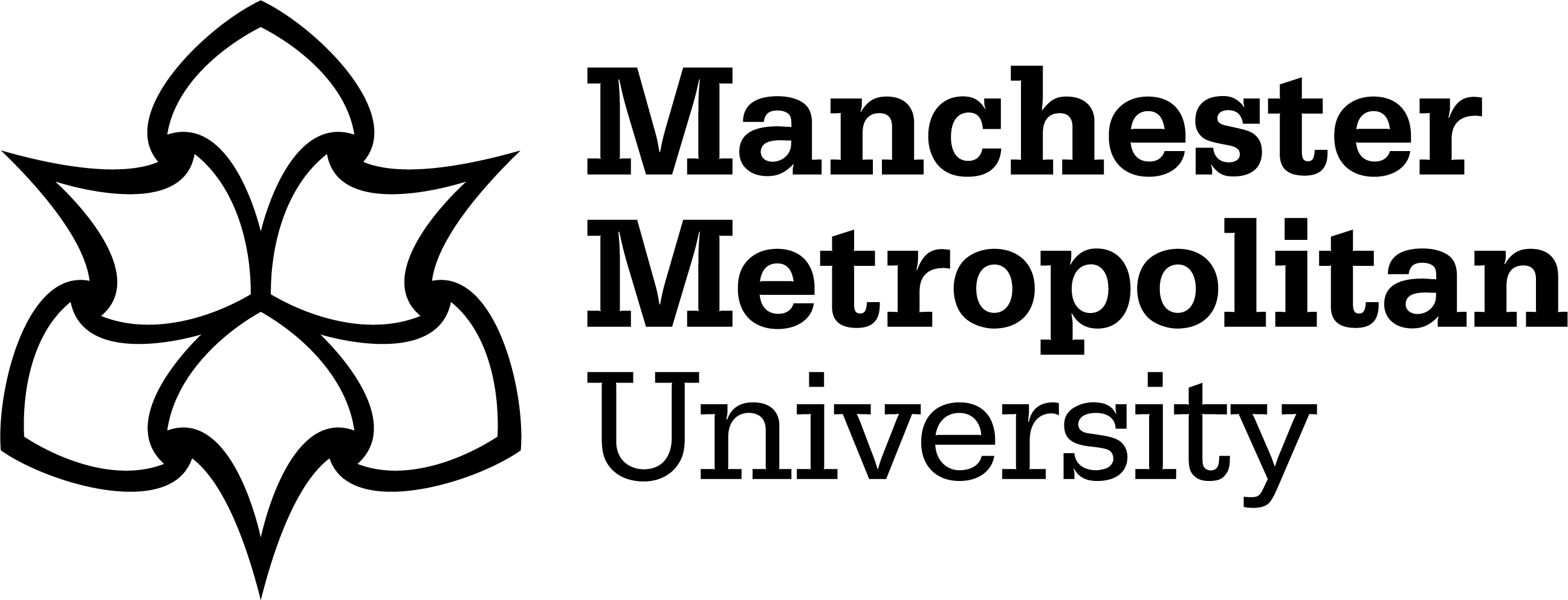- ...
Masters Compare - Find your perfect masters course.


This research will investigate how aquatic macroinvertebrate assemblages and sediment regimes change following the introduction of large woody structures (LWS) into river systems. This understanding will contribute to river restoration and flood alleviation practice by quantifying the public good that LWS can offer when designed strategically to maximise biodiversity and habitat gains.
Limited previous research shows that LWS used as engineered log jams for natural flood management (NFM) projects can offer improvements in the aquatic invertebrate assemblages and create localised temporary sediment storage for fine silts and sands, but we do not understand what controls the extent of these benefits in space and time.
This research will use distributed field data collection (macroinvertebrates, sediment character and dynamics) and a complementary set of flume experiments to quantify these impacts and to systematically investigate which local biotic and abiotic factors control the extent of LWS-related biodiversity and habitat improvements across a range of different UK river systems. The project will be of significant benefit to practitioners working in river restoration and NFM as the research will expand our knowledge and understanding of the role artificially placed LW plays within the stream ecological and geomorphological processes.
At Manchester Met, we are committed to developing an inclusive and equitable research environment and we welcome applications from individuals of underrepresented groups in postgraduate research. The successful candidate will be part of a growing, vibrant doctoral community with access to our cutting-edge £117M Dalton Building.
This research project aims to assess the impact of Large Woody Structures on aquatic macroinvertebrate assemblages and sediment regimes. It seeks to answer the following research questions:
The objectives are to:
The qualifications, skills, knowledge and experience applicants should have for this project, in addition to our standard entry requirements.
The student will be in receipt of a stipend payment; the Research Council minimum rate (set by UKRI) is £20,780 a year for 2025/26.
Please note that the length of this opportunity is five years part-time at 60% FTE.
Interested applicants should contact Andrew Dean (andrew.dean@mmu.ac.uk) for an informal discussion.
To apply, you will need to complete the online application form for a part-time PhD in biological sciences (or download the PGR application form).
You should also complete the narrative CV addressing the project’s aims and objectives, demonstrating how the skills you have map to the area of research and why you see this area as being of importance and interest.
If applying online, you will need to upload your statement in the supporting documents section, or email the application form and statement to PGRAdmissions@mmu.ac.uk.
Closing date: 16 June 2025
Expected start date: October 2025.
Please quote the reference: SciEng-AD-2025-River Woody Debris
Manchester Metropolitan University fosters an inclusive culture of belonging that promotes equity and celebrates diversity. Please ensure that you take into account our Inclusive and Diverse Culture Strategy when preparing an application.
This opportunity is only available to Home students. Home fees are covered.

Think more. Think Manchester Met. At Manchester Metropolitan University, we pride ourselves on creating a warm, engaging and suppor...